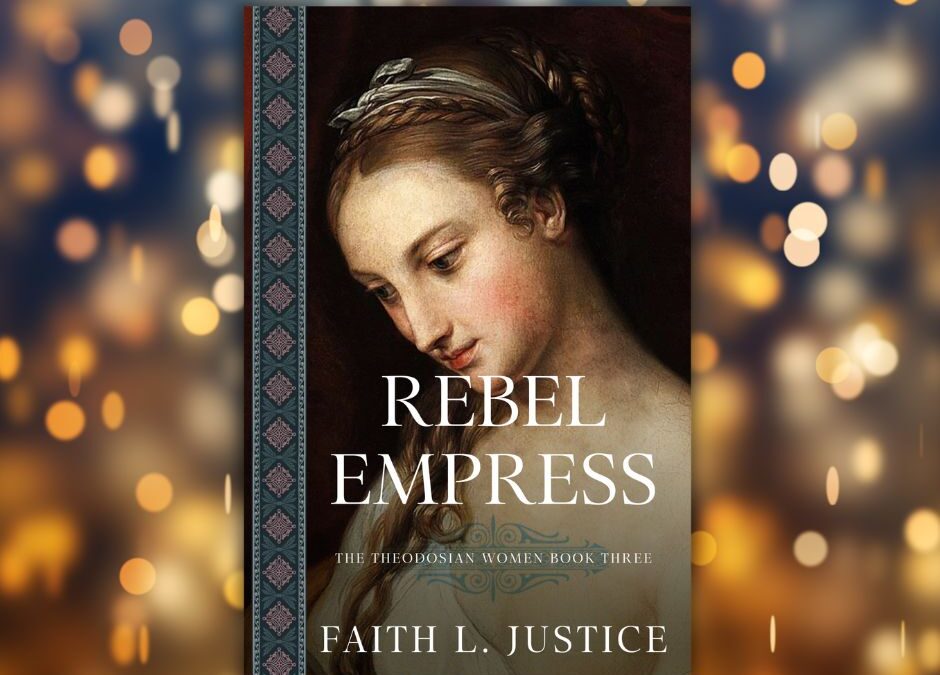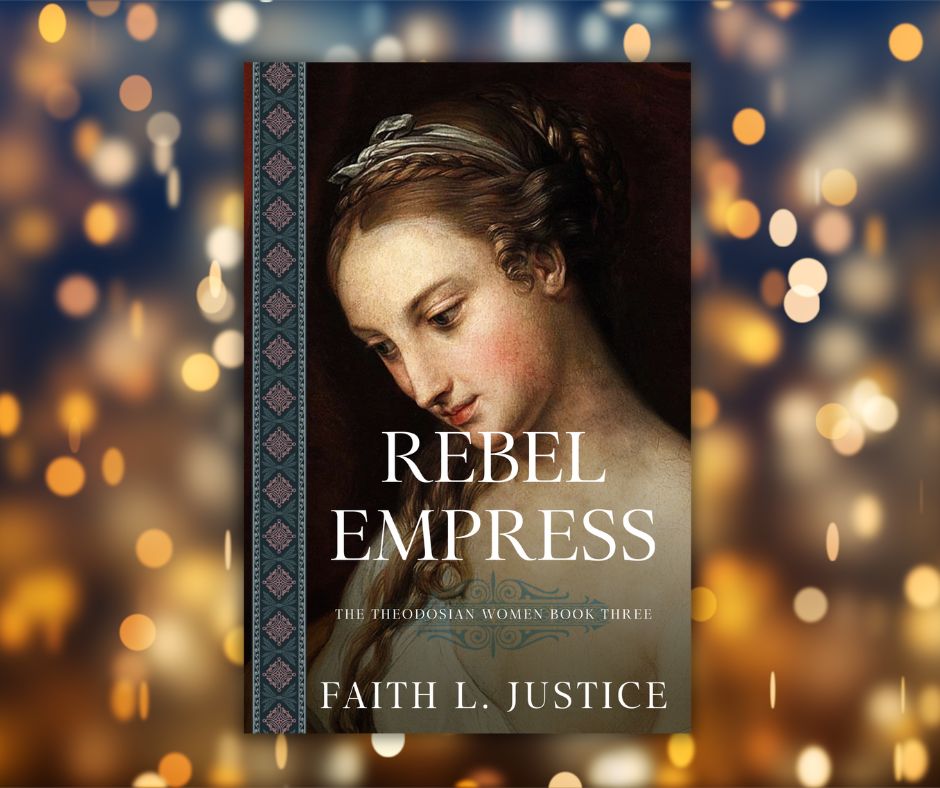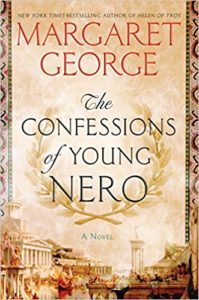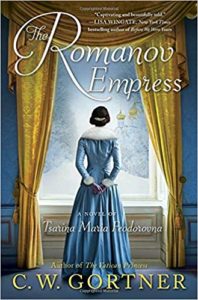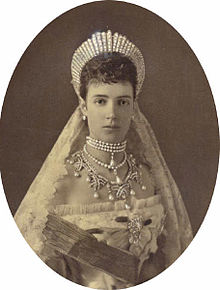Faith, thank you for giving me this opportunity to talk to your readers. I’m excited to reach out to new people. I do know that you’re an avid gardener, so I thought this story of the tree might appeal to your readers.
My novel unfolds in the town of Rabaul (New Guinea), which was an Australian mandated territory in 1941. Rabaul presides over the greatest coastal harbor in the Southern Hemisphere. Naturally, it was a prime objective for the Japanese Imperial Forces.
My main character, Dr. Jake Friedman, is an idealistic young Jewish doctor who volunteers for the Army and is posted to Lark Force, the lone, under-resourced battalion defending Rabaul. An elegant colonial capital built by the Germans in 1905, it surrendered to Australia in 1914. Its diverse population of about 5,000 in 1941 included Australian administrators, quite racist in attitude, Chinese merchants and the majority Tolai native farmers, who also worked part time for the Australians. These converging cultures were interdependent but opaque to each other. With the reputation of being the “pearl of the Pacific,” Rabaul nestled then as it does today between green extinct volcanoes, coastal bays, and active volcanoes. One, Tavurvur, erupts throughout the novel.
Jake, while going about his medical duties, soon feels the pull of attraction to a fellow officer, a soul-scarred veteran of the First World War. Alex Whipple is an enigmatic Catholic who fights bullies on behalf of their victims yet has a checkered past in the wild side of post-war Paris he’s determined to hide. Through their developing relationship, readers experiences the deceptively sleepy run-up to war and the horrific Japanese invasion.
Lark Force’s fate is achingly familiar to descendants of those who served in it. I am among them; Jake is loosely based on a relative I never met. But the battles for Rabaul are less known elsewhere. To the best of my knowledge, mine is only the second World War II novel set in Rabaul. Yet it’s an archetypal tale of government abandonment of its own men, a subsequent cover-up, patriotism, love, and heroism. I felt compelled to try to bring my small version of these historic events to a wider audience.
What to call the novel? I wanted a title that said World War II beyond Europe and theMiddle East.
I first saw a photograph of a bukubuk tree in a history of St. Michael’s Church (Catholic) on Matupit Island, which abuts Rabaul. (They Came to Matupit by Mary Memkis). I was enchanted by its giant, gnarled humped roots above ground, its flaky bark at the bottom and soaring elegance. It felt important. What went past me was where it grew: outside the house of ToMulue and his wife IaDok, who were early converts by a Father Bauman in 1899. ToMulue was a sorcerer and tribal chief (lualua).
I looked up the tree. Burckella obovta is native to Papua New Guinea and Asia, growing in lowland areas with bisexual flowers and an edible fruit.
Beyond the Bukubuk Tree felt like a good title.
On getting a publishing contract from MadeGlobal Publishing, I set off for site visits in Melbourne, Australia (my home town), Port Moresby, Kokopo and Rabaul, Papua New Guinea.
I saw my first bukubuk tree on my fifth Rabaul site tour. At a street market at an intersection named Four Ways, my guide found a landowner who said he had them. We bumped off the main road down dusty tracks and eventually entered a farm with a lot of fertile land, groves of fruit trees, vegetable gardens and several simple buildings. Lush, ample land. I couldn’t help wishing I had some like it. Here is the bukubuk tree.
My guide said that the owner had another bukubuk tree. I swiveled, expecting to see it within a few feet, but we walked for ten minutes across the clearing and houses and into bush. Finally, a second bukubut tree.
“They don’t grow together?” I asked. “Like apple trees or orange trees?”
“No, never.”
I realized I’d missed something important about the tree. My tree book said nothing about growing alone.
Soon after that day, I met Albert Konie, an initiate into the secret Tubuan Society, an expert guide to World War II sites, and curator of the Rabaul Historical Society’s archives in Rabaul. Here’s his explanation.
“The Bukubuk tree grows and stands alone, unlike any other fruit tree. An adult tree stands over 20 meters tall, its branches stretching out like mango trees. The fruit is just amazingly sweet, with a starchy texture. Since Bukubuk trees can reach full height in five years, we often plant the seed, which is hard and shaped like a small brown rugby ball, to mark a place or event with spiritual significance. Tolai myth held that a Bukubuk tree could be inhabited by a Tambaran spirit because the bark is rough at the bottom. Putting the bark on boils and lumps could heal them naturally. Now, people sometimes plant the tree to mark the anniversary of the bringing of the Gospel of Jesus Christ to East New Britain Province.”
This brought me back to old ToMulue and IaDok. The bukubuk tree was probably mature when he was a sorcerer, and it was still standing in 1972, when Mary Memkis’ book was published.
To Mulue was an initiate into theTubuan Society, like Albert is today. ToMulue knew the secrets of plants to cure and to curse, a man of power and wealth. Having a bukubuk tree be the prime shelter outside his house had a meaning. In my novel, pivotal moments in my main characters’ lives occur near the tree. Intuitively, I’d written the tree in before my visit. Hearing Mr. Konie explain the dual meaning of the tree was a thrilling confirmation and addition, as I now offer this saga to you, valued readers, to taste.
Thank you all for your time. And thank you, again, Faith, for inviting me into your blog.
The universal link is here https://mybook.to/bukubuk
The Amazon US link is https://www.amazon.com/dp/B0D4MH8D63
